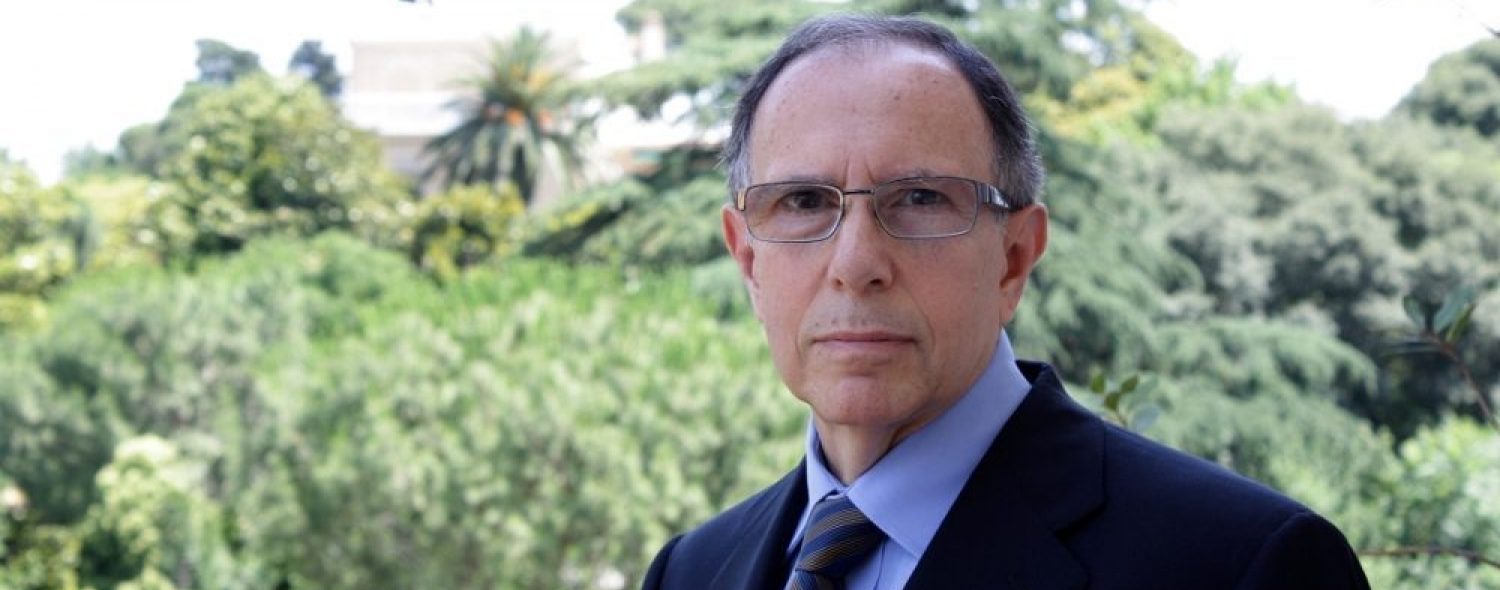
European Political Thought: 1815-1989 (Westview, 1998) [with Salvo Mastellone]
Again, in his teaching Di Scala discovered that students were unfamiliar with political terms, ideas, and thinkers. He decided to write a comprehensive work on political thought by teaming up with Salvo Mastellone, an Italian political scientist. The hallmarks of this book are its readability and the way it places political thought within the contexts that produced it.
This book is an insightful overview of the political ideas that have shaped the modern world from the fall of Napoleon to the collapse of the Berlin Wall. It is marked by a vast range, lively prose, and an uncommonly clear discussion of difficult ideas. The book examines post-Revolutionary France, Restoration models and utopianism, liberalism from its early days through its evolution into today’s apparently victorious modern ideology, the progress and problems of socialism, anarchism, and other movements crucial to European history. The work handles critical ideologies that have received limited attention in other English-language overviews: nineteenth-century Jacobinism, the ideology of democratic national revolution, French and Italian popular nationalism, the influence on social science of politics, and antiparliamentarianism. There are clear, concise discussions of major twentieth-century totalitarian movements—Communism, Fascism, Nazism—and of the major opponents of the one-party state. Chapters on postwar Western Marxism, East-European theoretical resistance to Soviet Communism, and contemporary European political thought in the post-Cold War world round out the work.
Praise for European Political Thought
“Professors Di Scala and Mastellone (hereafter Di Scala) have done an admirable job of presenting the major themes of modern European political thought in a single narrative of a few hundred pages. They have accomplished this complex task with facility, and have presented the reader with a clear explication that in turn defines each important component and then weaves them into an integrated body of knowledge. Just as each writer built on the work of his predecessors, so the reader is presented an interpretation that progresses from More to Saint-Simon, from Constant to Tocqueville, from Hegel to Marx, from Lenin to Gorbachev.
“One particularly strong feature of the text is Di Scala’s treatment of ideas within a historical framework, a skill he admirably demonstrated in his Italian History text. There he wove ideas into the fabric of history very impressively; here he has done the converse. This is the advantage of assigning the book to a historian—especially one of Di Scala’s stature and experience—and I think that the value of this approach will become evident when you offer the book on the market.” —Reviewer 1
“Indeed, I think the book is quite well organized. The introduction provides a clear statement of the book’s intended purpose and the overview of the text alerts students to turning points, which should also help them to divide the overall subject into periods. This overview is particularly important because ‘events’ in political theory do not resonate for the less experienced reader so much as in political and economic history.” —Reviewer 2
